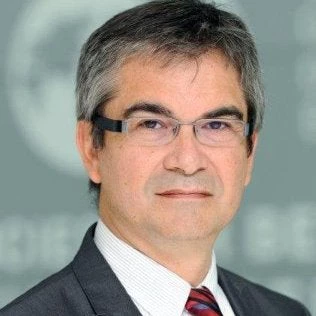In my first mission as senior director, I am participating in an event in London this week hosted by the Governance Partnership Facility (GPF). This multi donor trust fund includes the World Bank Group, along with donors that include the UK, Netherlands, Norway and Australia. This year’s program includes perspectives from civil society and academic institutions which will further enrich our understanding of what’s important to our client countries.
Despite relatively modest resources over the past five years the GPF has played a major role in helping to build the Bank’s Governance and Anti-Corruption strategy. The model of the trust fund is structured around four different “windows” in which competitive grant proposals are submitted by World Bank task team leaders across the different Practice Groups; these are then carefully vetted and submitted to a Steering Committee for approval.
By working strategically in partnerships, the GPF is just one example of how the Bank leverages its governance work and supports activities that are starting to yield exciting results in many countries. The success of the GPF model, which was based on a partnership between like-minded stakeholders, shows the benefits of a continued and regular dialogue between the World Bank, donors and civil society.
In Nigeria, for example, the GPF informed a new approach to governance in the new Bank strategy for the country. It helped in the strengthening of public finances through initiatives that improve governance, increase accountability and effectiveness, and enhance citizen voice and participation in service delivery in key sectors, such as oil and gas and education.
In Kenya, the GPF supported the ambitious decentralization agenda: using a cross-sectoral approach, involving public sector, governance, rural, urban and social development experts, the GPF has enabled the Bank to provide the client with analysis, technical assistance and knowledge on decentralized service delivery.
And in Burkina Faso, Governance and Anticorruption interventions have been applied across the board with respect to team engagement, accounting for political economy, governance diagnostics, as well as third-party monitoring. By a more careful consideration of local governance issues and the role of civil society in the mining sector, the project team was in a better position to design the social accountability component for the Mineral Sector Development Project, which was used to guide further contributions to support civil society activities in the sector. Similarly, this approach assisted the Bank’s Extractive Industries Transparency Initiative (EITI) team to better understand the internal dynamics of the process.
Our goal with this conference is to engage in a rich dialogue that will help lay the groundwork for future collaboration. We will discuss both strategy and tactics. We will reflect on the progress we’ve made; ponder the challenges that remain; celebrate the fruits of a particularly close and effective partnership; and help lay the groundwork for the future.
I encourage you to follow the event using #newgov.


Join the Conversation